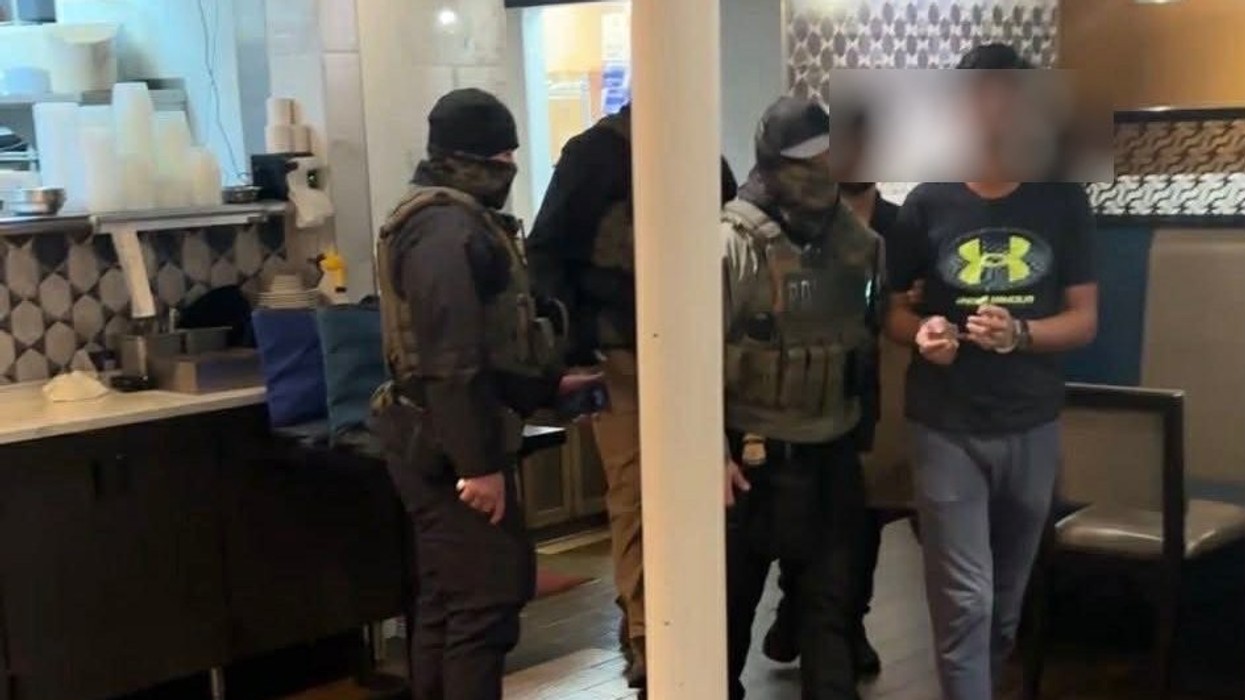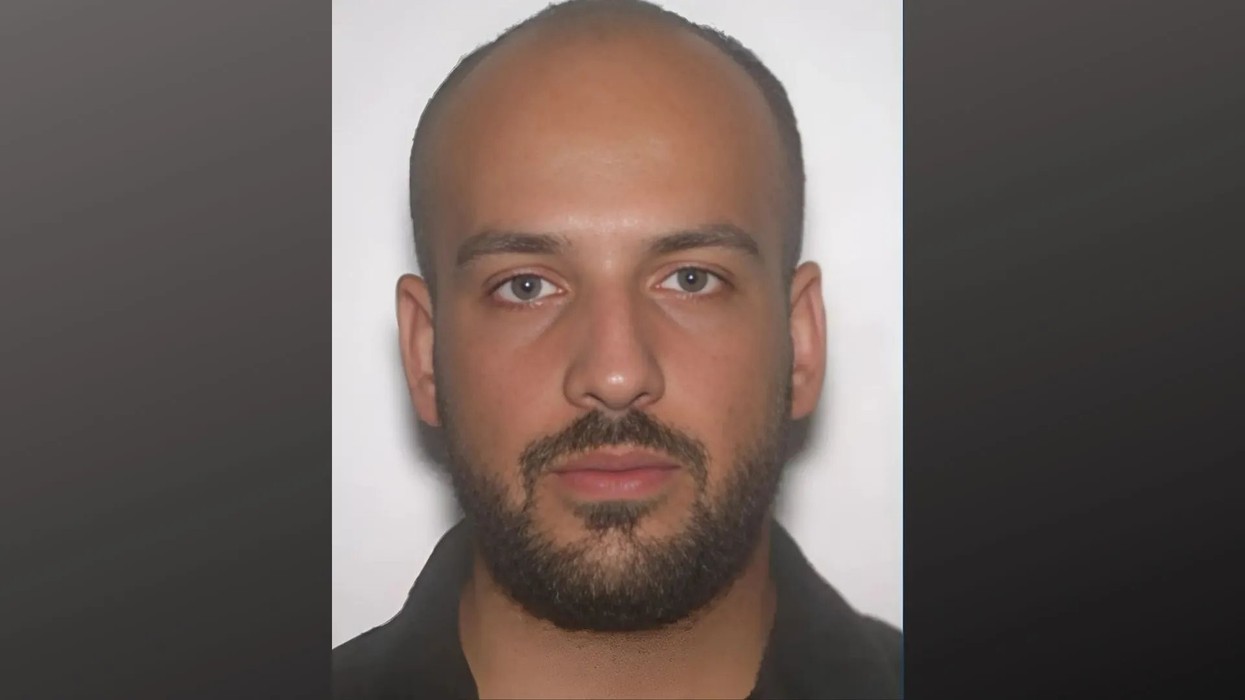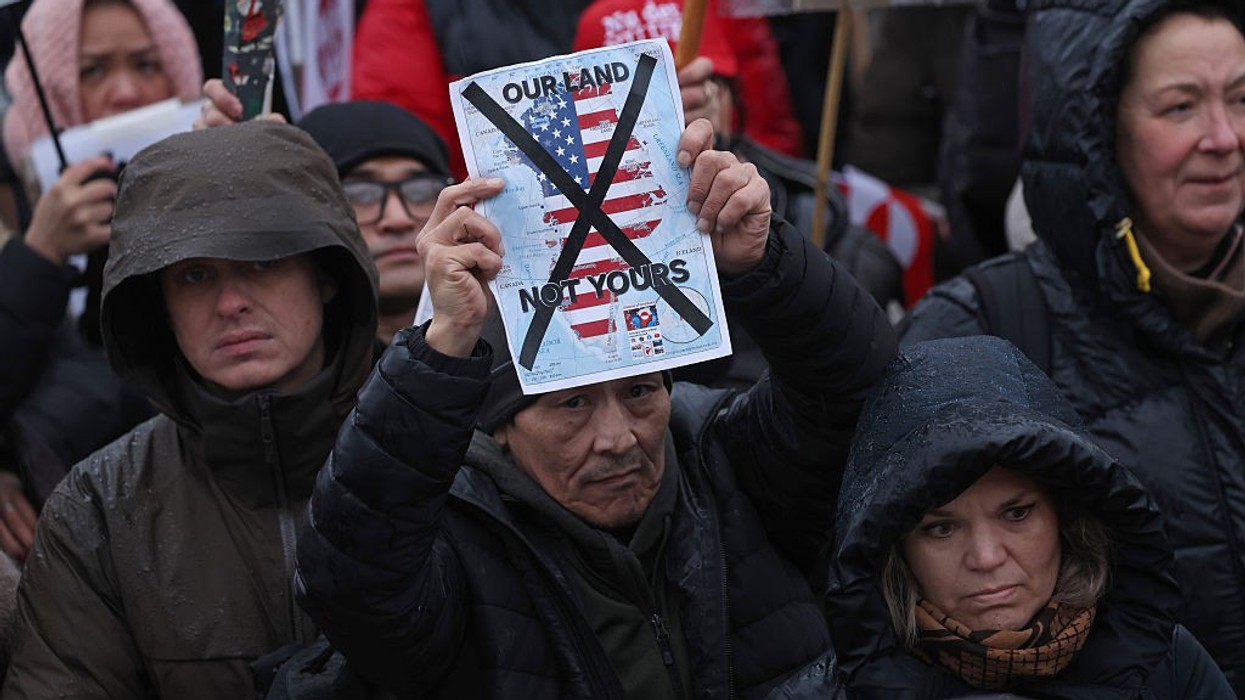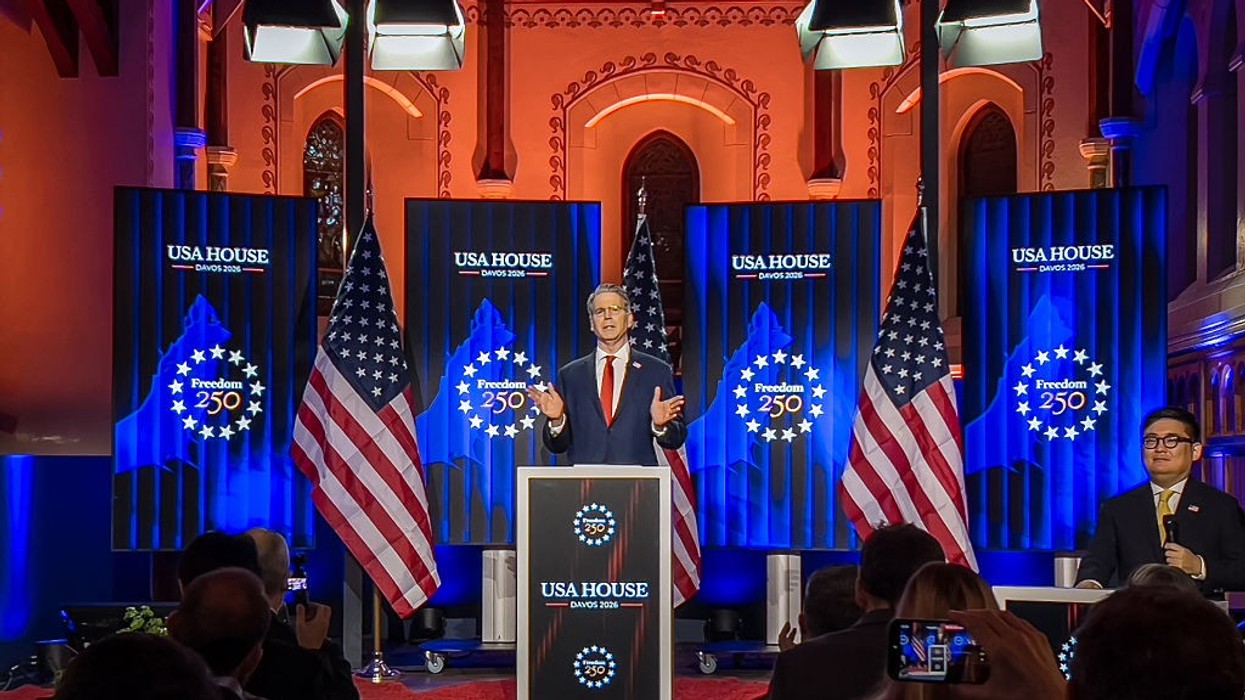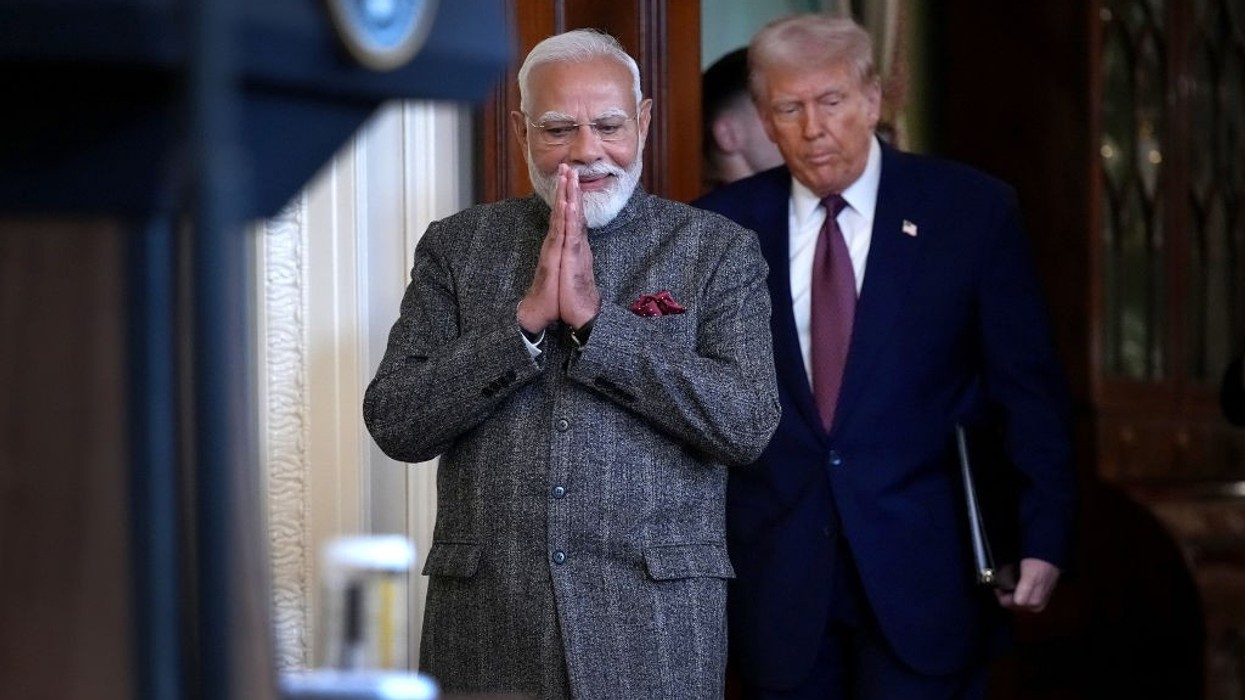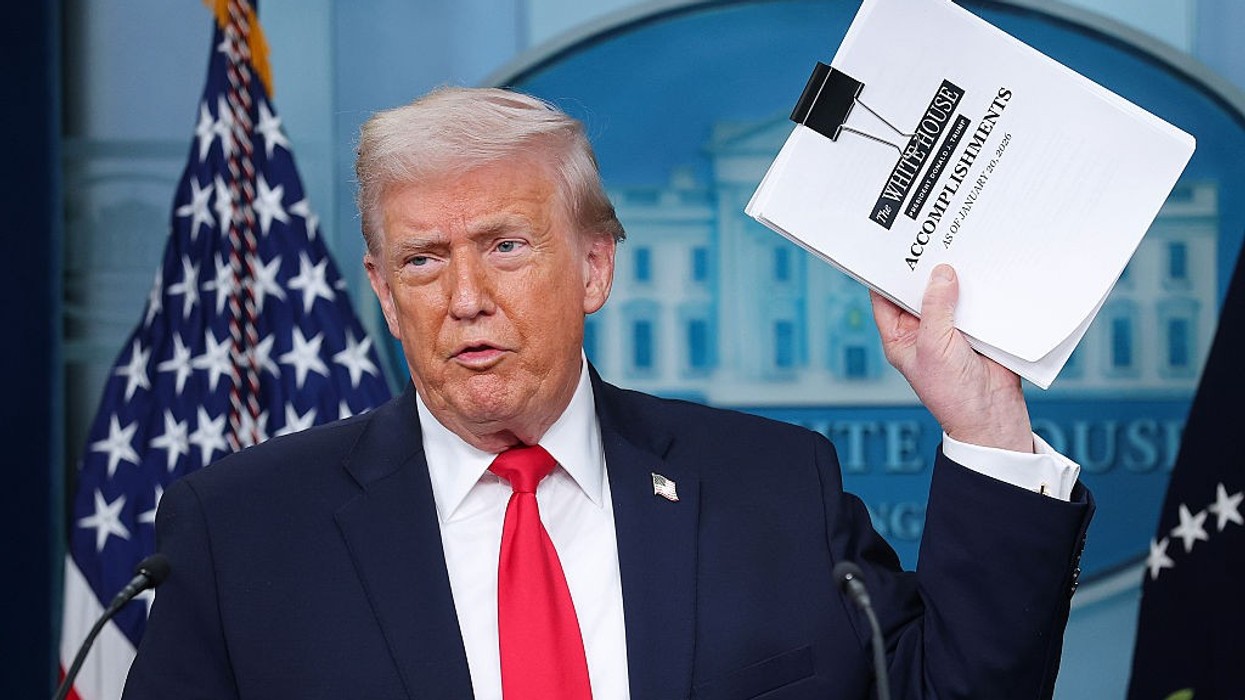The United States has announced a significant change in its visa screening procedures, requiring all applicants for F, M, and J non-immigrant visas to make their social media accounts public for vetting. This move, aimed at strengthening national security, comes alongside a broader tightening of travel rules for several countries, though India remains unaffected by the new bans.
Social Media Accounts Must Be Public
Effective immediately, anyone applying for an F (student), M (vocational student), or J (exchange visitor) visa must adjust the privacy settings on all personal social media accounts to “public.” This adjustment is intended to allow US authorities to thoroughly vet applicants and verify their identity and admissibility under US law.
The US Embassy in India shared the update on X (formerly Twitter), stating, “Every visa adjudication is a national security decision. Effective immediately, all individuals applying for an F, M, or J non-immigrant visa are requested to adjust the privacy settings on all of their personal social media accounts to ‘public’ to facilitate vetting necessary to establish their identity and admissibility to the United States.”
Social Media Screening Since 2019
This move builds on a 2019 policy requiring visa applicants to provide social media identifiers on both immigrant and non-immigrant visa application forms. The US government uses all available information, including social media activity, to screen for applicants who may be inadmissible to the United States or pose a threat to national security.
The embassy reiterated, “We use all available information in our visa screening and vetting to identify visa applicants who are inadmissible to the United States, including those who pose a threat to US national security.”
New 2025 Travel Ban Targets High-Risk Countries
In addition to the social media requirement, the US government has announced a sweeping new travel ban for 2025. Nationals from 12 countries—primarily in the Middle East and Africa—are now entirely barred from obtaining both immigrant and non-immigrant visas, including those for tourism, education, and employment. Another seven countries face partial restrictions, such as tighter screening or limited visa categories, due to security concerns.
These measures are part of a broader effort to prioritize national security and address perceived risks of terrorism and security loopholes.
India Not Affected, But Delays Remain
Amid concerns in South Asia, US authorities have clarified that India is not on the list of countries affected by the new travel ban. The US continues to process all categories of visa applications for Indian nationals, including B1/B2 tourist visas, H1B work permits, and F1 student visas.
However, Indian applicants still face significant delays due to high demand and administrative backlogs. Most US consulates in India are currently booking interview slots 10-12 months in advance, which may impact travel, education, and employment plans for many.
What Applicants Should Do
If you are planning to apply for an F, M, or J visa, ensure that all your personal social media accounts are set to public before your interview or application submission. Be prepared for thorough vetting, and allow extra time for processing, especially if you are applying from India.
While the US has tightened its visa screening procedures and imposed new travel bans on several countries, Indian applicants remain eligible for all visa categories. However, the new social media requirements and ongoing delays mean that planning ahead is more important than ever for prospective travelers, students, and workers.








